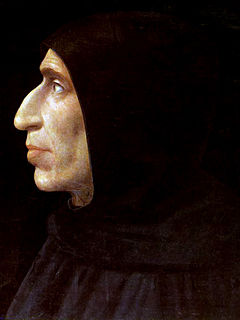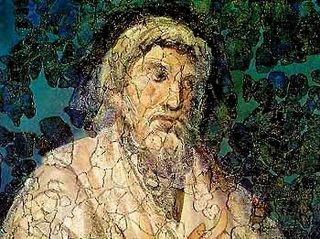A Quote by William James
There is only one thing a philosopher can be relied upon to do, and that is to contradict other philosophers.
Quote Topics
Related Quotes
Men are not philosophers, but are rather very foolish children, who, by reason of their partiality, see everything in the most absurd manner, and are the victims at all times of the nearest object. There is even no philosopher who is a philosopher at all times. Our experience, our perception is conditioned by the need to acquire in parts and in succession, that is, with every truth a certain falsehood.
I have always taken as the standard of the mode of teaching and writing, not the abstract, particular, professional philosopher, but universal man, that I have regarded man as the criterion of truth, and not this or that founder of a system, and have from the first placed the highest excellence of the philosopher in this, that he abstains, both as a man and as an author, from the ostentation of philosophy, i. e., that he is a philosopher only in reality, not formally, that he is a quiet philosopher, not a loud and still less a brawling one.
I was trained as a philosopher never to put philosophers and their ideas into historical contexts, since historical context has nothing to do with the validity of the philosopher's positions. I agree that assessing validity and contextualizing historically are two entirely distinct matters and not to be confused with one another. And yet that firm distinction doesn't lead me to endorse the usual way in which history of philosophy is presented.
When I think about discussions at the Society for Philosophy and Psychology, a group which includes not only philosophers and psychologists, but also computer scientists and linguists, it is noteworthy that one can't always tell just from the content of particular contributions from the audience, whether a given questioner is a philosopher or an empirical scientist.







































